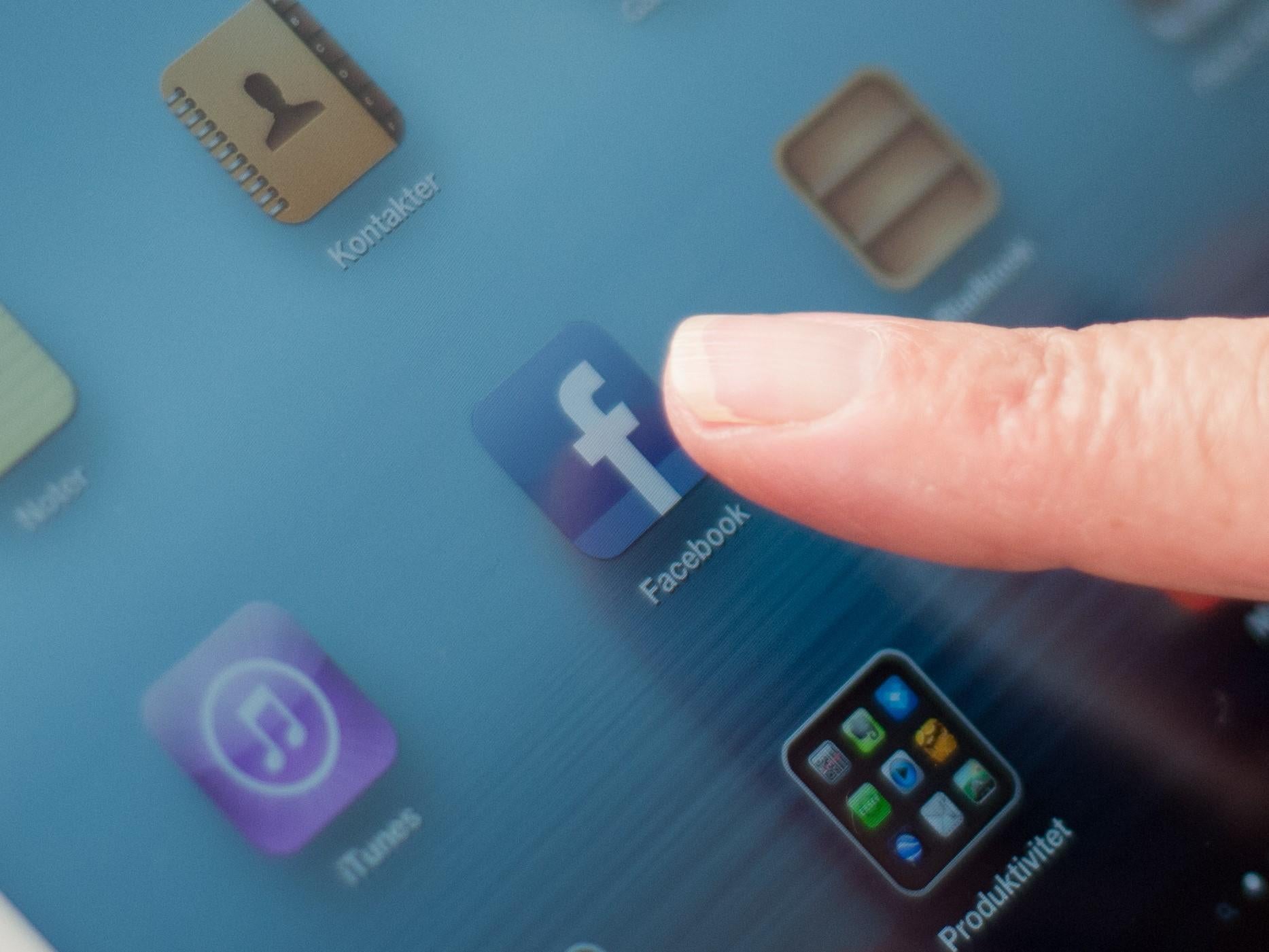Fake news on Facebook most likely to be shared by conservatives over 65, study finds
Group is seven-times more likely to share disinformation on social media than people aged 18 to 29

People over the age of 65 who self identify as Republicans are most likely to share fake news on social media, according to a study.
Researchers from New York University and Princeton University analysed shared links to so-called "fake news" sites on Facebook during the 2016 US presidential election campaign.
The results revealed that most of the sharers were self-identified conservatives over 65, who were seven-times more likely to share the content than people aged 18 to 29.
The study also found that the vast majority of social media users did not actually engage in the fake news content.
Cross-referencing the shared articles against a list of domains identified as sites sharing fake news, the researchers found that 90 per cent of users did not share the articles with their Facebook friends.
"Despite widespread interest in the fake news phenomenon, we know very little about who actually shares fake news," said Joshua Tucker, a professor of politics at NYU.
"This study takes a first step towards answering this question. Perhaps most significantly, we find that sharing this type of content on Facebook was a relatively rare activity during the 2016 presidential campaign."
The researchers explained their findings by suggesting digital media literacy is related to age, meaning more should be done to teach these skills to older citizens or make social media platforms more accessible to them.
"If seniors are more likely to share fake news than younger people, then there are important implications for how we might design interventions to reduce the spread of fake news," said Andrew Guess, an assistant professor of politics and public affairs at Princeton University.
The strong partisan difference between fake news sharers – 18 per cent of Republicans compared to less than 4 per cent of Democrats – does not necessarily reflect an association between political ideology and a proclivity to believe fake news, the researchers said.
This correlation could instead be a result of more pro-Trump, anti-Clinton fake news being produced during the election campaign.
"This is consistent with the pro-Trump slant of most fake news articles produced during the 2016 campaign," the researchers wrote, "and of the tendency of respondents to share articles they agree with, and thus might not represent a greater tendency of conservatives to share fake news than liberals conditional on being exposed to it."
Join our commenting forum
Join thought-provoking conversations, follow other Independent readers and see their replies
Comments
Bookmark popover
Removed from bookmarks